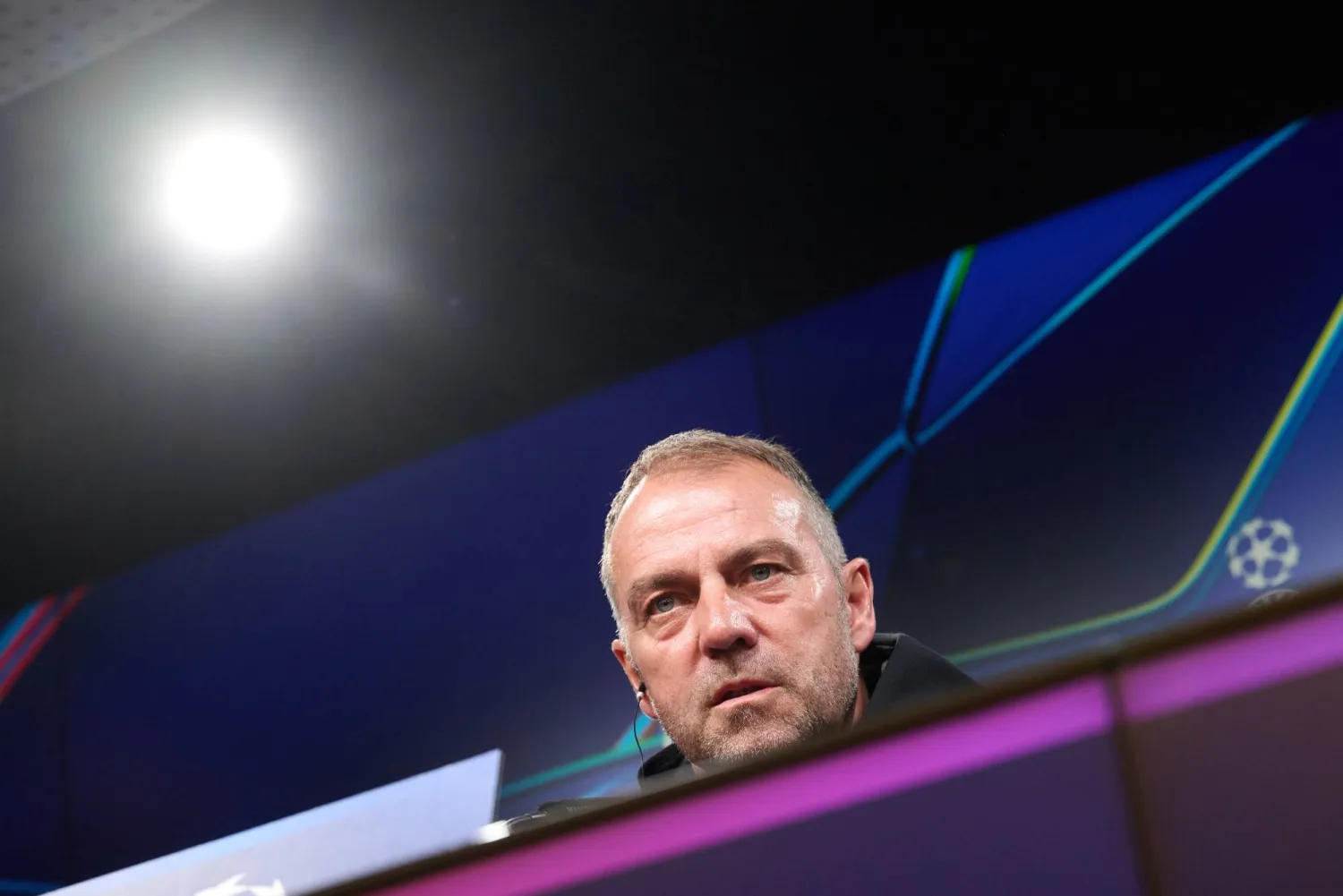More African teams at an expanded Women's World Cup finals in Australia and New Zealand this year might mean more chance of improved results for the vast continent, but realistically they may be lucky to do much more than get past the first round.
There will be four African countries in the 32-team field, up from three in the last two editions. But Morocco, Nigeria, South Africa and Zambia are not expected to make anything like the impact that Morocco did at the men's tournament in Qatar last year, when they became the first African side to reach the semi-finals.
At the Women's World Cup, Africa's best achievement remains Nigeria's quarter-final appearance in 1999.
Of the 16 previous African campaigns at the Women's World Cup, only four have got past the group phase - Nigeria in 1999 and 2019 and Cameroon in 2015 and 2019.
While those last two achievements suggest a considerable improvement in the women's game on the continent, there is still much ground to be made up compared with other regions.
"There remains a significant gap that will still take a generation or two to properly catch up," says Danny Jordaan, president of the South African Football Association, who hopes to further close that chasm by winning a bid to host the World Cup in four years' time.
South Africa will be appearing at the finals for a second successive time, while Morocco and Zambia are debutants.
Nigeria, by contrast, keep up their record of having been to all the finals, this being their ninth in a row.
But Nigeria's place as the dominant force in African women's football has been eroded. They did not even make it to the final of the last Women's Africa Cup of Nations, which served as the qualifying competition for Australia-New Zealand 2023.
Instead, South Africa beat hosts Morocco in the final.
"We've got to look at how our players have matured tremendously over the last four years, and hopefully that can carry us through, but it's not going to be easy," South Africa coach Desiree Ellis told Reuters.
Morocco's coach Reynald Pedros has also been sounding a similarly optimistic note. "The national team has become strong and homogeneous. We have prepared well physically and mentally in anticipation of the World Cup," said the Frenchman.
It would, however, take some upset results and rattling of the established order for Africa to make an impact against the powerhouse teams from Europe and the Americas.









